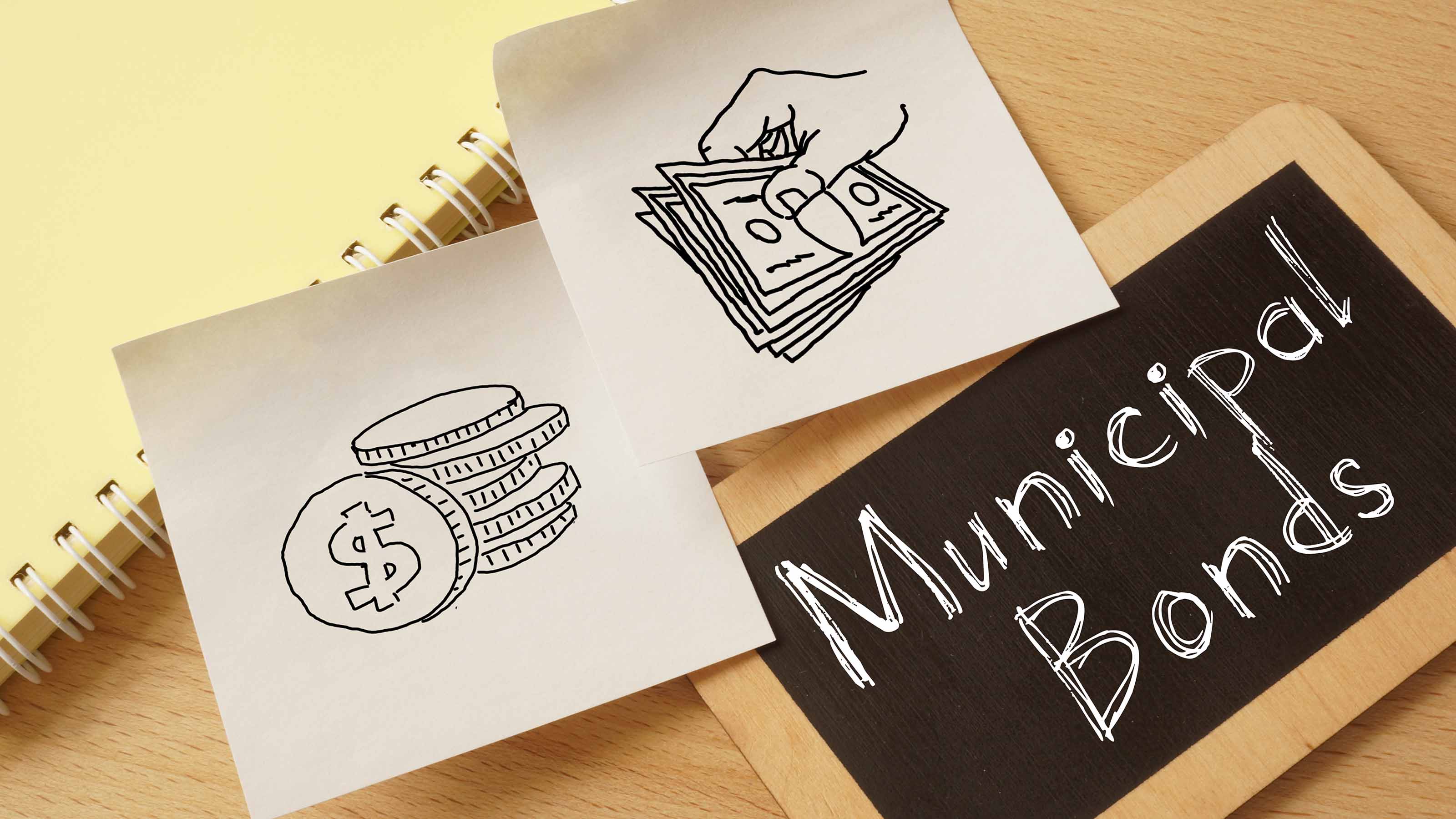What You Must Know About a Stock's Dividend Date
Timing is everything when it comes to collecting on dividend-paying stocks.


Profit and prosper with the best of Kiplinger's advice on investing, taxes, retirement, personal finance and much more. Delivered daily. Enter your email in the box and click Sign Me Up.
You are now subscribed
Your newsletter sign-up was successful
Want to add more newsletters?

Delivered daily
Kiplinger Today
Profit and prosper with the best of Kiplinger's advice on investing, taxes, retirement, personal finance and much more delivered daily. Smart money moves start here.

Sent five days a week
Kiplinger A Step Ahead
Get practical help to make better financial decisions in your everyday life, from spending to savings on top deals.

Delivered daily
Kiplinger Closing Bell
Get today's biggest financial and investing headlines delivered to your inbox every day the U.S. stock market is open.

Sent twice a week
Kiplinger Adviser Intel
Financial pros across the country share best practices and fresh tactics to preserve and grow your wealth.

Delivered weekly
Kiplinger Tax Tips
Trim your federal and state tax bills with practical tax-planning and tax-cutting strategies.

Sent twice a week
Kiplinger Retirement Tips
Your twice-a-week guide to planning and enjoying a financially secure and richly rewarding retirement

Sent bimonthly.
Kiplinger Adviser Angle
Insights for advisers, wealth managers and other financial professionals.

Sent twice a week
Kiplinger Investing Weekly
Your twice-a-week roundup of promising stocks, funds, companies and industries you should consider, ones you should avoid, and why.

Sent weekly for six weeks
Kiplinger Invest for Retirement
Your step-by-step six-part series on how to invest for retirement, from devising a successful strategy to exactly which investments to choose.
In today’s low-interest-rate environment, investors can’t seem to get enough high-yielding dividend stocks. But pay close attention to a company’s payment schedule. Otherwise, you could miss out on collecting a dividend you believe you’re entitled to.
The critical deadline to mark on your calendar is a firm’s “ex-dividend” date (available on websites such as Yahoo Finance and in the investor-relations section of a company’s website). If you own shares before that date, you’ll lock in the next payment. But investors who buy on or just after the ex-date give up the rights to the next dividend payment.
To see how this works, consider General Electric’s payment schedule. The company announced on June 10 that it would pay a dividend on July 25 to shareholders “of record” as of June 20. To be eligible for the dividend, investors had to own shares before the stock’s ex-dividend date of June 16. The ex-date always lands two business days before the record date. In this case, the record date fell on a Monday, which pushed the ex-date back to Thursday, June 16. Buying GE anytime before the market closed on June 15, even in the final second of trading, would entitle you to its next dividend.
From just $107.88 $24.99 for Kiplinger Personal Finance
Become a smarter, better informed investor. Subscribe from just $107.88 $24.99, plus get up to 4 Special Issues

Sign up for Kiplinger’s Free Newsletters
Profit and prosper with the best of expert advice on investing, taxes, retirement, personal finance and more - straight to your e-mail.
Profit and prosper with the best of expert advice - straight to your e-mail.
Purchasing the stock on or just after the ex-date would disqualify you from the payment. That can sting, especially if it’s a high-yielding stock, such as an electric utility or a telecom company. Many of these stocks yield more than 4%, so missing a payment could leave a hefty amount of income on the table. Moreover, companies often make their dividend payment several weeks after the ex-date. That’s also a danger zone because buying shares at any point in that stretch would still leave you off the company books as a “shareholder of record” entitled to receive the next dividend.
One other caveat: Be aware of how a stock can trade on the ex-date. Typically, shares open lower by roughly the amount of the upcoming dividend. Buying on that day may get you a lower price, but you will typically have to wait about three months before you collect the next disbursement.
If you’re interested in a dividend stock, first check the date of the next payment. Buy shares before the stock goes ex-dividend the next time. Also note that if you sell shares after the ex-date, you’ll still collect the upcoming payment. Either way, make sure to stay on the receiving end of the dividend income line.
Profit and prosper with the best of Kiplinger's advice on investing, taxes, retirement, personal finance and much more. Delivered daily. Enter your email in the box and click Sign Me Up.

-
 Dow Leads in Mixed Session on Amgen Earnings: Stock Market Today
Dow Leads in Mixed Session on Amgen Earnings: Stock Market TodayThe rest of Wall Street struggled as Advanced Micro Devices earnings caused a chip-stock sell-off.
-
 How to Watch the 2026 Winter Olympics Without Overpaying
How to Watch the 2026 Winter Olympics Without OverpayingHere’s how to stream the 2026 Winter Olympics live, including low-cost viewing options, Peacock access and ways to catch your favorite athletes and events from anywhere.
-
 Here’s How to Stream the Super Bowl for Less
Here’s How to Stream the Super Bowl for LessWe'll show you the least expensive ways to stream football's biggest event.
-
 What Fed Rate Cuts Mean For Fixed-Income Investors
What Fed Rate Cuts Mean For Fixed-Income InvestorsThe Fed's rate-cutting campaign has the fixed-income market set for an encore of Q4 2024.
-
 The Most Tax-Friendly States for Investing in 2025 (Hint: There Are Two)
The Most Tax-Friendly States for Investing in 2025 (Hint: There Are Two)State Taxes Living in one of these places could lower your 2025 investment taxes — especially if you invest in real estate.
-
 The Final Countdown for Retirees with Investment Income
The Final Countdown for Retirees with Investment IncomeRetirement Tax Don’t assume Social Security withholding is enough. Some retirement income may require a quarterly estimated tax payment by the September 15 deadline.
-
 Dividends Are in a Rut
Dividends Are in a RutDividends may be going through a rough patch, but income investors should exercise patience.
-
 Municipal Bonds Stand Firm
Municipal Bonds Stand FirmIf you have the cash to invest, municipal bonds are a worthy alternative to CDs or Treasuries – even as they stare down credit-market Armageddon.
-
 Best Banks for High-Net-Worth Clients
Best Banks for High-Net-Worth Clientswealth management These banks welcome customers who keep high balances in deposit and investment accounts, showering them with fee breaks and access to financial-planning services.
-
 High Yields From High-Rate Lenders
High Yields From High-Rate LendersInvestors seeking out high yields can find them in high-rate lenders, non-bank lenders and a few financial REITs.
-
 Time to Consider Foreign Bonds
Time to Consider Foreign BondsIn 2023, foreign bonds deserve a place on the fringes of a total-return-oriented fixed-income portfolio.